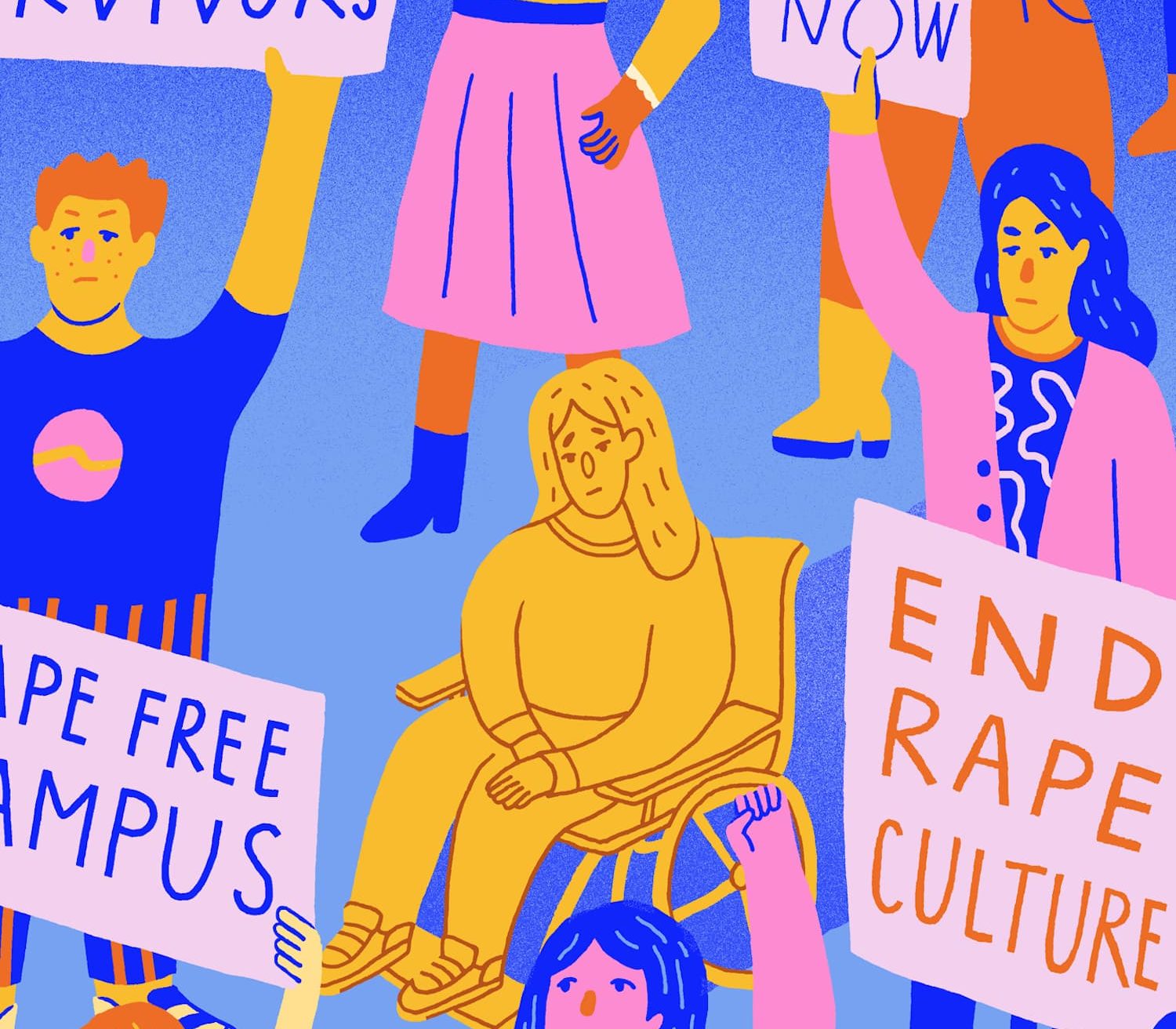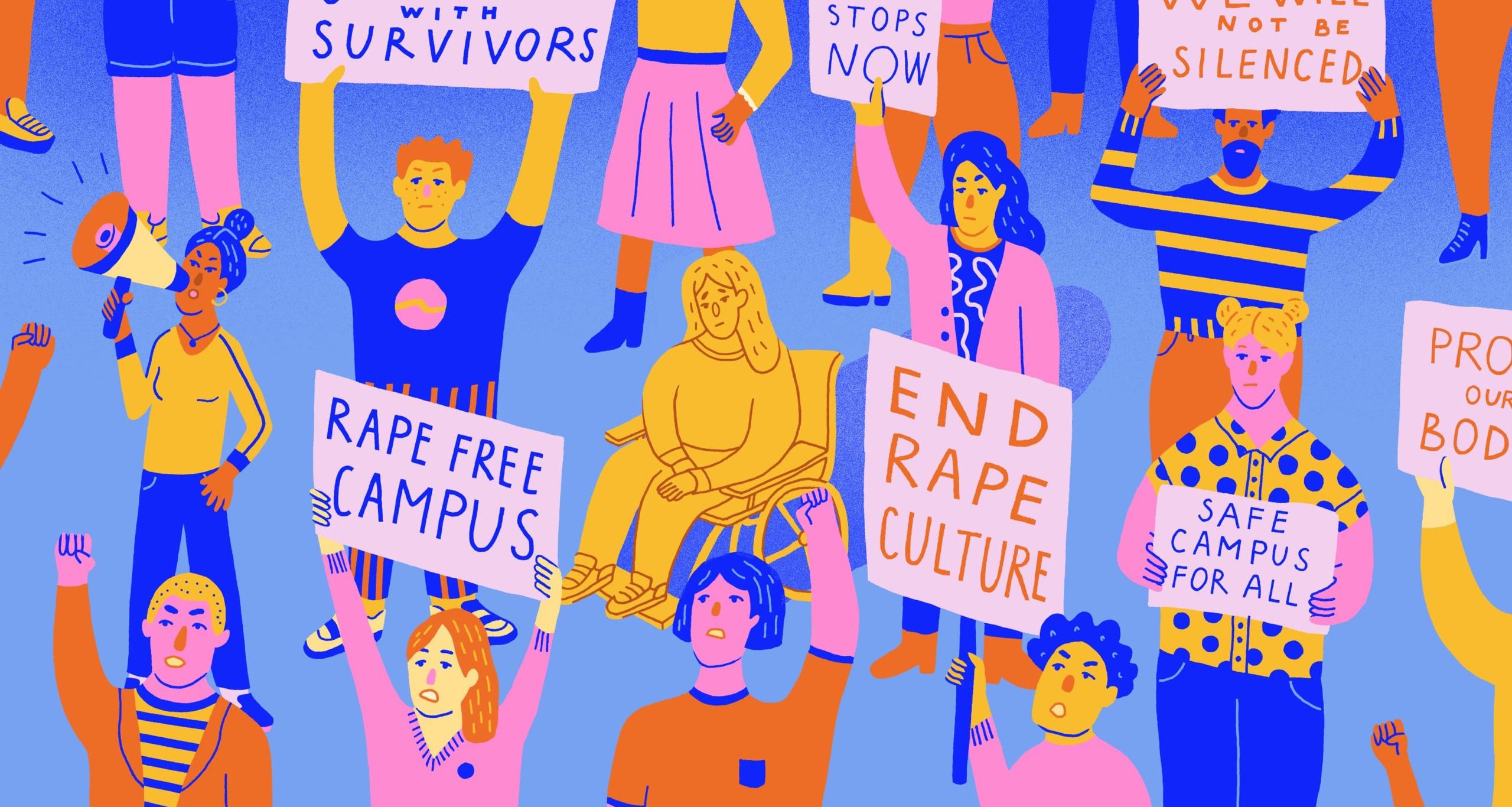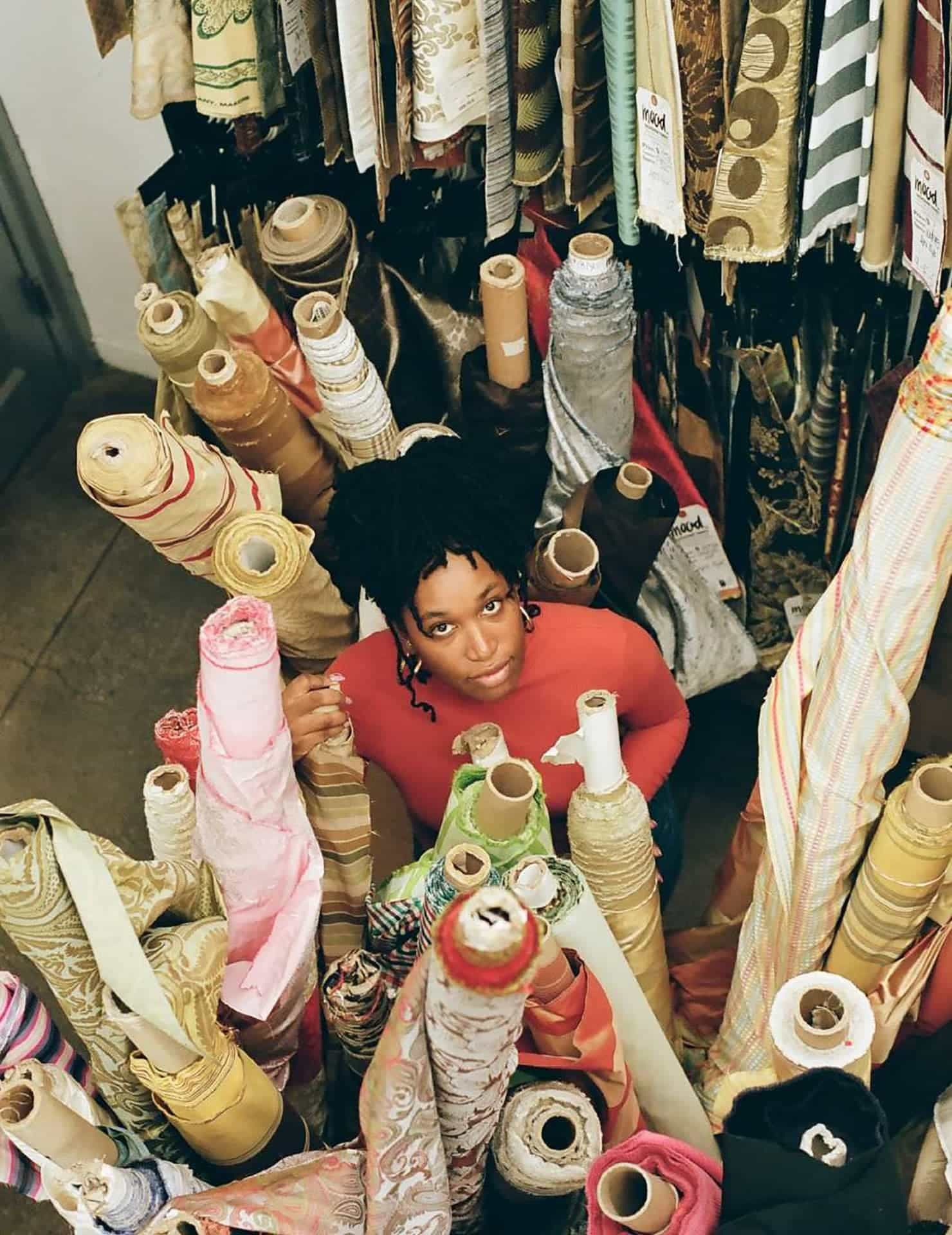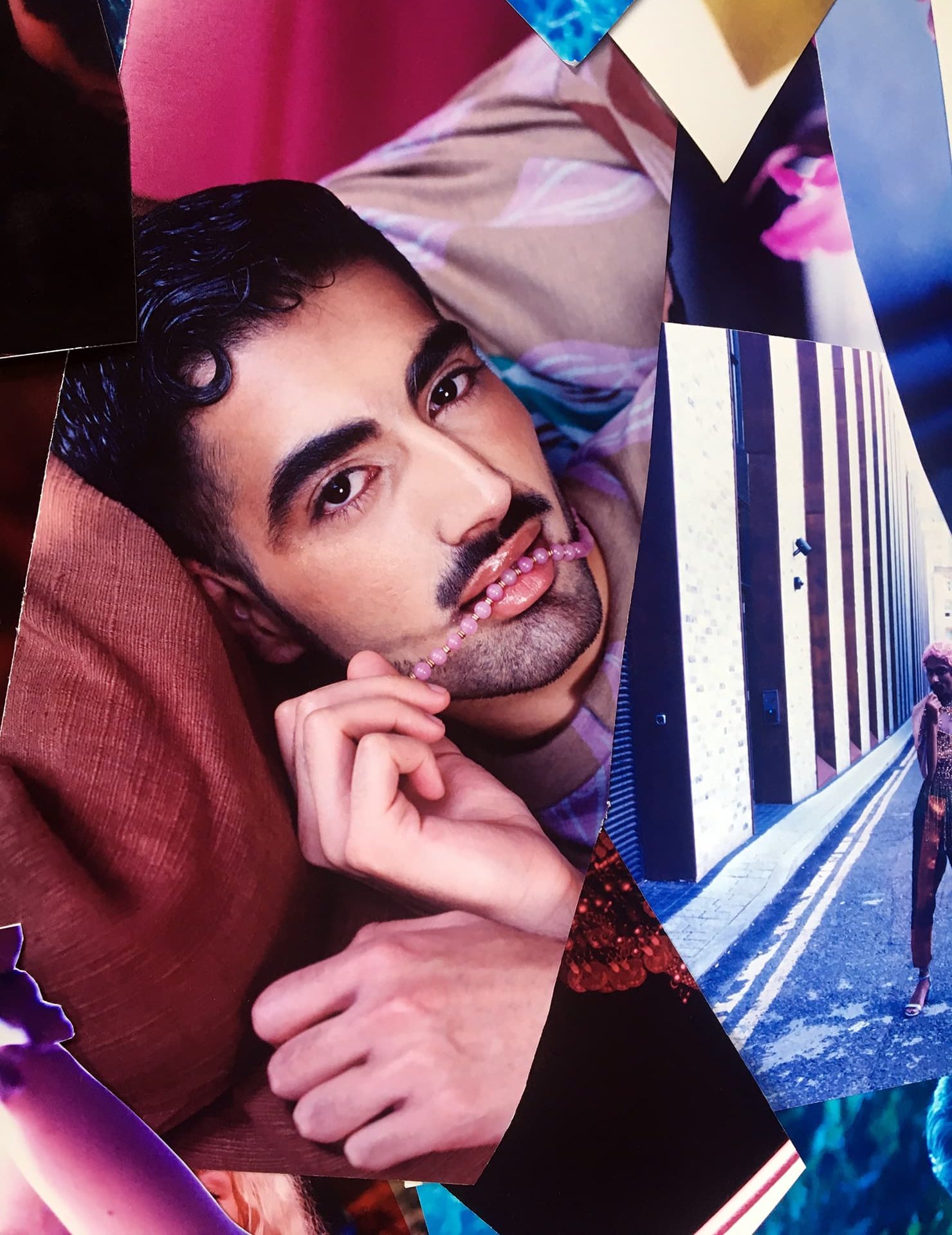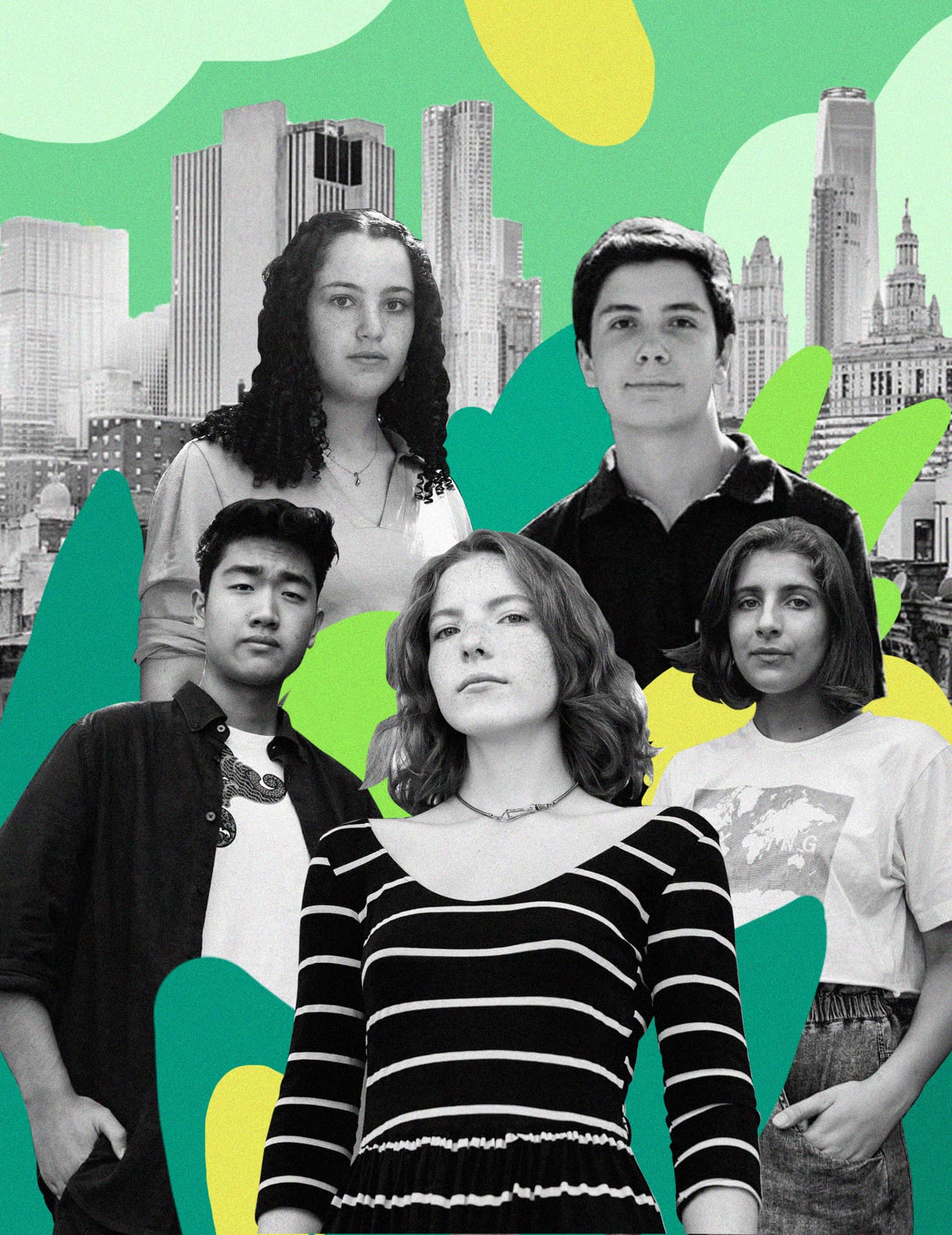I’ve liked boys for as long as I can remember. Each school year, I’d express my crush on a boy in my class. In the beginning, the boy of interest would reciprocate the feelings – I remember one of my elementary school loves told me he’d buy me a diamond ring one day.
But everything started to change after we began to have the gender-divided health classes in sixth grade. The girls would go into a separate classroom with the school nurse while the boys stayed in the classroom with the physical education instructor. Both groups learned about the female and male reproductive systems. However, there was an unspoken insurgence of embarrassment among the girls, and we kept our heads down as we walked back into the classroom. The boys sheepishly smirked as we passed by their desks.
It was around this time that I stopped receiving attention from boys. It was as if my physical disability somehow became a scarlet letter overnight. They began to equate my disability to asexuality, unable to have sex, and therefore I was no longer attractive to them. This left me feeling inadequate and improper as a young woman.
All this was ever-so confusing to the feeble mind of a pre-teen girl. Adding to that confusion, I was sexually abused for the first time at this age and would not realize what had happened to me until years later. It was as if the tradeoff of losing my attractiveness in the eyes of my peers was being seen as “easy” and vulnerable to other men.
I have a relatively mild case of cerebral palsy, which affects my mobility and speech. Growing up and through grad school, I used a wheelchair to get around. But now, in my mid-20s, I am proud to say that I walk all around New York City on my own two feet. My speech is sometimes hard for strangers to understand at first, but I try my best to make the listener’s job as easy as possible.
My disability never made me lose agency over my body, but this experience made me forgo control over my sexuality from too young of an age. I was either just an easy target or still attractive to some guys despite my disability because I continued going through a conveyor belt of relationships with men, often the guy suggesting it be kept in secret.
Sex and disability are individually difficult topics and often considered as two taboos. Those concepts combined, it is almost an impossible thing to talk about in a mainstream setting.
